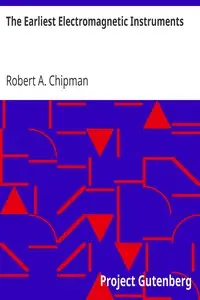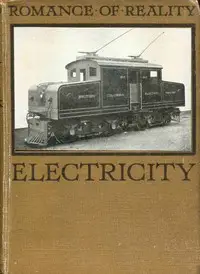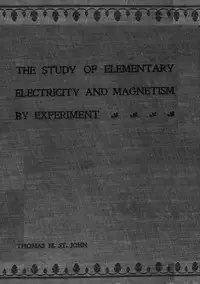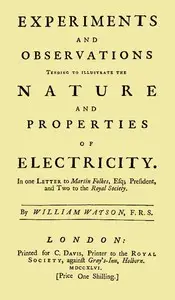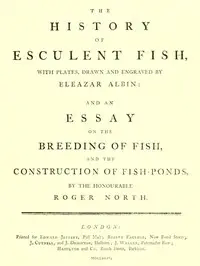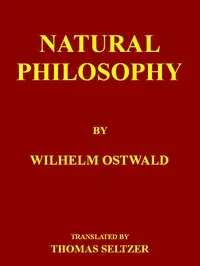"Experimental Researches in Electricity, Volume 1" by Michael Faraday is a detailed record of scientific investigations into the fundamental principles of electricity and its connection to magnetism in the early to mid-1800s. This volume brings together a collection of experimental studies that precisely describe the induction of electric currents. The book begins with an introduction where Faraday explains why he combined his research papers from the "Philosophical Transactions," highlighting key discoveries and revisions in electricity within the scientific community. He thoroughly describes the experimental techniques used, including how he built coils and measured electrical current with a galvanometer. The initial chapters highlight Faraday’s careful approach to experimentation where he records observations of electric current induction and discusses surprising findings that go against existing ideas, paving the way for a deeper understanding of the relationship between electricity and magnetism throughout the rest of the book.

Experimental Researches in Electricity, Volume 1
By Michael Faraday
Witness groundbreaking experiments unlock the hidden relationship between electricity and magnetism, forever changing our understanding of the world.
Summary
About the AuthorMichael Faraday was an English scientist who contributed to the study of electromagnetism and electrochemistry. His main discoveries include the principles underlying electromagnetic induction, diamagnetism and electrolysis. Although Faraday received little formal education, as a self-made man, he was one of the most influential scientists in history. It was by his research on the magnetic field around a conductor carrying a direct current that Faraday established the concept of the electromagnetic field in physics. Faraday also established that magnetism could affect rays of light and that there was an underlying relationship between the two phenomena. He similarly discovered the principles of electromagnetic induction, diamagnetism, and the laws of electrolysis. His inventions of electromagnetic rotary devices formed the foundation of electric motor technology, and it was largely due to his efforts that electricity became practical for use in technology.
Michael Faraday was an English scientist who contributed to the study of electromagnetism and electrochemistry. His main discoveries include the principles underlying electromagnetic induction, diamagnetism and electrolysis. Although Faraday received little formal education, as a self-made man, he was one of the most influential scientists in history. It was by his research on the magnetic field around a conductor carrying a direct current that Faraday established the concept of the electromagnetic field in physics. Faraday also established that magnetism could affect rays of light and that there was an underlying relationship between the two phenomena. He similarly discovered the principles of electromagnetic induction, diamagnetism, and the laws of electrolysis. His inventions of electromagnetic rotary devices formed the foundation of electric motor technology, and it was largely due to his efforts that electricity became practical for use in technology.

